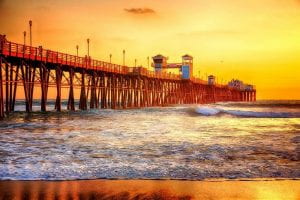
Growing up, I lived in a suburb outside of Los Angeles, California. Roughly a 30 minute drive to the beach without traffic. Often times during my life when I was pondering a difficult decision or struggling with something I sought solace and peace at the ocean’s edge.
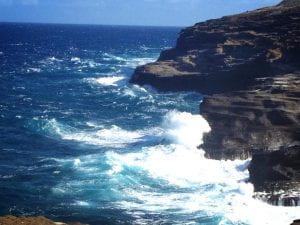
I often found myself drawn to the power of the ocean. When I would sit on the sand and stare out into the vastness of the Pacific, I felt so small. My problems suddenly felt insignificant. The sounds of the city silenced by the sounds of the waves crashing in front of me. The experience always left me feeling at peace. Watching the ocean you realize how much power it holds, and how that power has never been conquered, it has only been harnessed for use. I can connect my feeling about the ocean to something Barbara Kingslover wrote; “Wilderness puts us in our place. It reminds us that our plans are small and somewhat absurd.”
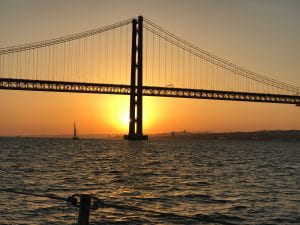
Water is a vital resource for all living things. We humans cannot live without it. Perhaps that is why I find it so fascinating, because it is my life’s elixir.
The human body is made up of sixty percent water. Water is used in making energy through a process called hydroelectricity. A lot of our fruits and vegetable are made up of mostly water. Tomatoes for example are ninety percent water. There are very few living thing on earth that can survive without water. Terry Tempest Williams asks the question “How do the stories we tell about ourselves in relationship to place shape our perceptions of place?” I think this is a very good question that we should all ask ourselves. For me, I feel that the story I tell about my connection to water shapes my appreciation for water and how vital it is for life. “Story bypasses rhetoric and pierces the heart. Story offers a wash of images and emotion that returns us to our highest and deepest selves, where we remember what it means to be human.” (Williams p.3) I hope through my story of water and the connection I feel to it, it brings some clarity to my reader about how we are small in comparison to nature.

In this weeks reading by bell hooks she connects the earth with the African American culture in the American South. Farming the lands and living from the crops you grow require water. It’s a vital resource that everyone in the world needs to survive and thrive. bell hooks expresses the importance of humans connection with the natural world. Like I feel connected to water, others feel connected to earth, soil, mountains, and deserts. “Wherever we live, we can restore our relationship to the natural world by taking time to commune with nature, to appreciate the other creatures who share the planet.” (Hooks p.37)
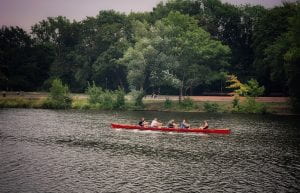
Although I no longer live near the ocean, I do live near a very large water way that runs a few hundred miles through a lot of East Germany. A portion of the Saale River is a short walk from my house. It’s not the ocean but it does the trick to soothe me almost the same. On any given spring or summer day you can find crowds of people enjoying the water. Sitting on the edge with their feet in the cool water, picnicking along the river’s edge, kayaking, canoeing or swimming. It’s a place for people to commune with nature. To use it responsibly and take from it joy and leave it alone for others.
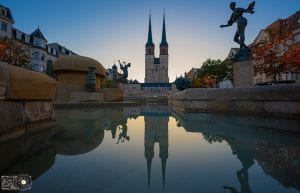
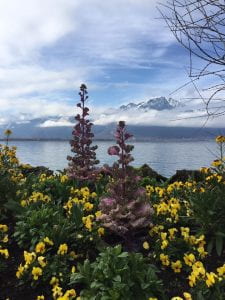
Water and the connection to Ecofeminism;
Water is a vital resource for human life. Therefore it’s only logical that we take every step necessary to protect the resource. With global warming, caused by fossil fuels, and deforestation, the world’s oceans are heating up. Global warming is also causing the polar ice caps to melt which is creating sea levels to rise. This causes coastal land erosion and threatens seaside cities. The weather is also affected by warmer ocean temperatures. Severe storms that cause flooding are linked to warmer ocean temperatures. This affects women in the Global South especially who rely on farming and cultivating as their financial livelihood. Another threat on our ocean life is the food source which many men and women around the world rely on. “Right now it is estimated that up to 12 million metric tons of plastic—everything from plastic bottles and bags to microbeads—end up in our oceans each year. That’s a truckload of trash every minute”(Green peace.org).
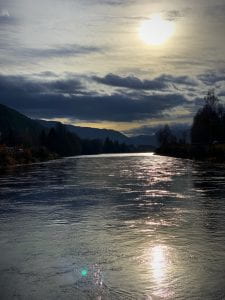
The amount of plastic waste in the Pacific Ocean has been compared to the size of Texas. The Great Pacific Garbage Patch as it’s nicknamed. The chemicals from the plastic leeches out into the water, and animals become infected by it. Humans then consume these contaminated fish, causing health issues. “Not only do the toxins in plastic affect the ocean, but acting like sponges, they soak up other toxins from outside sources before entering the ocean. As these chemicals are ingested by animals in the ocean, this is not good for humans. We as humans ingest contaminated fish and mammals”(Andrews).
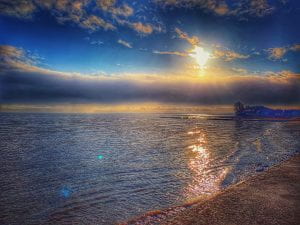
We all have a responsibility to take the issue of global warming seriously. To me, this is what Terry Tempest Williams was referring to when she mentions bedrock democracy in her essay Red. A call to action, to protect our ecosystems, including the oceans. To try to do our part in eliminating our plastic usage and make the best environmental decisions we can. I’ve stopped using plastic bags, straws, food storage containers and water bottles. Living in Germany it’s easier as most of the country has reduced its plastic consumption quite considerably over the past several years. It starts with us, and little by little we can make a difference. We need governments of the world to do their parts as well, and I am hopeful with as much attention the world is shining on the subject of climate control that we can reduce some of the deadly affects on our environment.
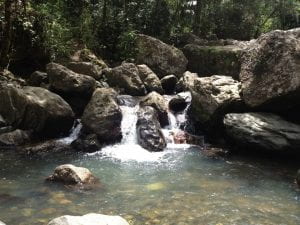
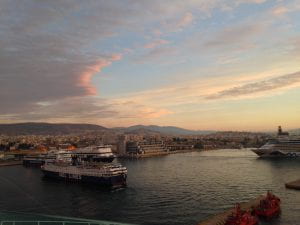
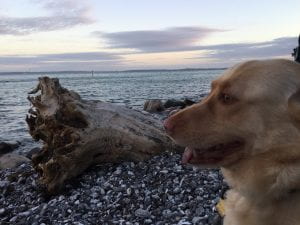
“Thousands have lived without love, not one without water.”
— W. H. Auden
sources;
Andrews, Gianna. Plastics in the Ocean Affecting Human Health., https://serc.carleton.edu/NAGTWorkshops/health/case_studies/plastics.html
Hooks, Bell., Touching The Earth http://jdyck.weebly.com/uploads/1/9/1/5/19153179/touching_the_earth.pdf
Kingslover, Barbara., Knowing our Place http://www.pbs.org/now/printable/transcript_smallwonder_print.html
Protecting Our Oceans https://www.greenpeace.org/usa/campaigns/oceans/
Shaw, Allyson., 5 reasons why water rules https://kids.nationalgeographic.com/explore/5-reasons-why-hub/5-reasons-why-water-rules/
WHAT EFFECT IS GLOBAL WARMING HAVING ON OUR OCEANS?
https://www.wwf.org.au/what-we-do/oceans/effects-of-global-warming-on-our-oceans#gs.x1l1g2
Williams, Terry Tempest. Red: Passion and Patience in the Desert. Pantheon Books, 2002.
Annotated Bibliography;
Terry Tempest Williams is an American author, feminist and environmental activist. She has written and published several books. The book Red; Passion and Patience in the Desert is a collection of essays written by Williams. Red, details her experience and passion for the Utah desert. She takes a political look at how the government has repeatedly failed to keep laws in place to protect National Parks, monuments and historic sites in the Utah desert. Williams is biased in her essay because she writes about it from the perspective of it being favorite place to be. She expresses her love for the American desert. Her goal is to make the reader see the importance of nature and wilderness, and why it’s important to protect it. She is pretty aligned with the other authors we read this week as all three Williams, Kingslover and Hooks all write about nature, the wilderness, and their connections to it. Williams essay helped me to see how politics plays a role in nature. How we need to do our part to advocate for the preservation of wilderness.
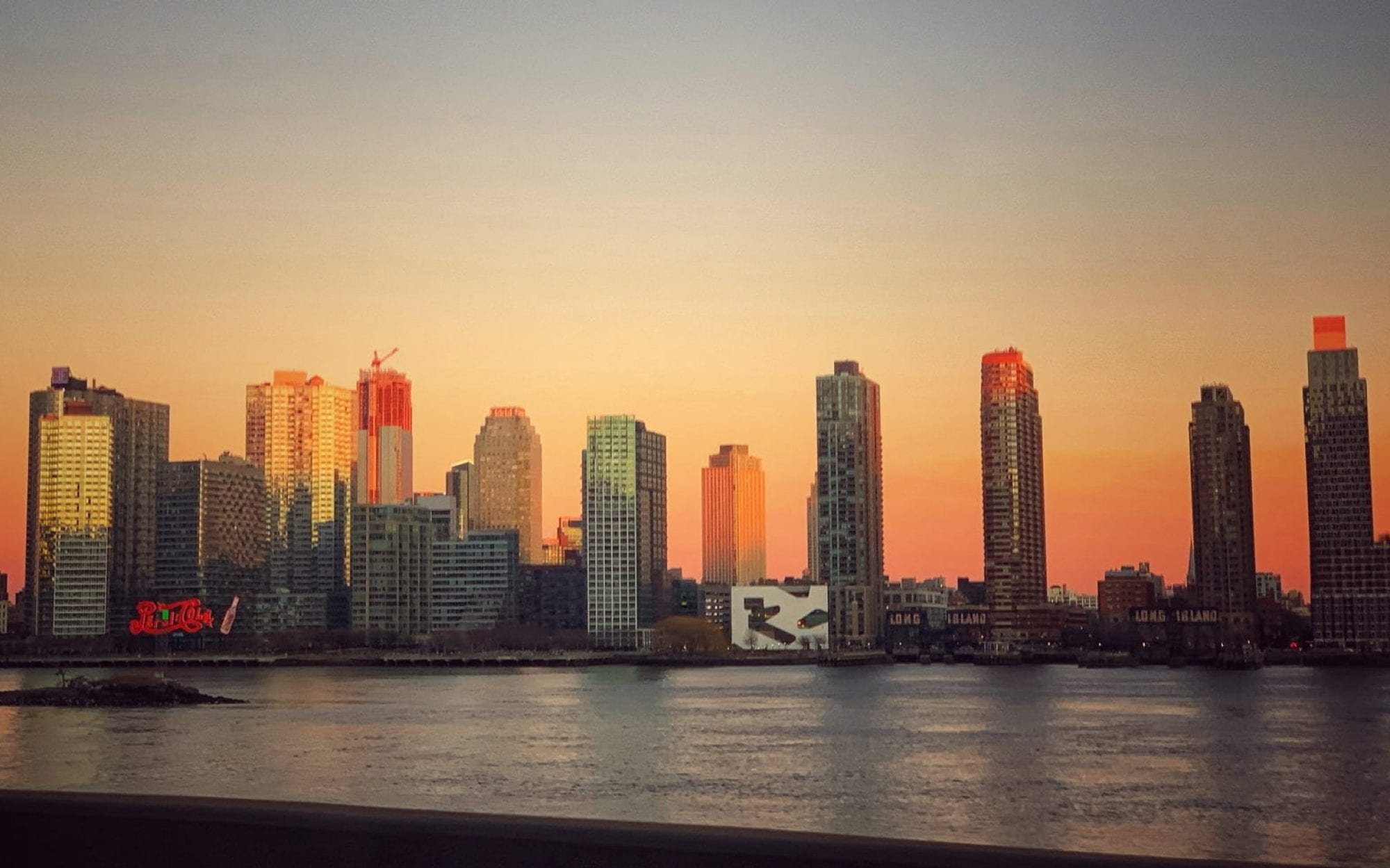
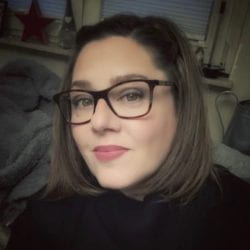
The first comment I wanted to make was that I noticed you capitalized bell hooks’ name. She leaves her name uncapitalized so as to place emphasis and importance on her work rather than on herself. You can read about this here:
https://www.blackpast.org/african-american-history/hooks-bell-gloria-jean-watkins-1952/
When Williams’ talks about our communities and being the “Bedrock of Democracy” where does LA fit into this? The water, as the place, is beautiful and shapes the land, but where do the people and the politics fit in here?
However, this is beautifully written. The way you describe the water and how it shapes the lives around it is very similar to the ways in which both Williams and Kingsolver described their homes.
I find it incredibly interesting that bell hooks leaves her name uncapitalized. It really speaks to the importance of her work! Your article was absolutely beautiful. I grew up in the city and, can’t imagine having that beautiful landscape around me like you did. There really is something so captivating and peaceful about the ocean. It’s healing and empowering. I think that’s part of what makes our current environmental circumstances so terrifying. We, as humans, are destroying something so beautiful like where you grew up.
Tonya,
reading your post took me back to something I said in my post. I said that we can connect to nature even if we don’t live out in the wildness. You said that you lived in a suburb outside of LA and that you connected with the ocean during times of struggle. This is similar to what I said because even if we don’t live in the wildness, we are surrounded by nature and sometimes it’s like we’re unaware of it. In your case, you feel at peace at the ocean and it helps you get your thoughts straight. This is a great example of the effect of nature on humans. Nature has the ability to put us at ease. I remember that during the summer I used to visit a lake that is about two hours from where I live out in New Hampshire. I felt so free when I visited this place because it is far from everything I know and it made me reflect. It was just me and my thoughts when I was there. Also, I think it’s great that Williams connects politics to nature because I never thought of it like that. She makes a great point by addressing this because our environment should definitely be something that we take very seriously.
Hi Tonya
It sounds like you had an amazing place to escape to. The ocean is filled with sounds of nature, most notably the water as you mentioned. When you say, “I felt so small” It reminds me of Kingsolver and her conviction that we are small. We are in fact miniscule in comparison to nature. We are a small part of a big picture that we must make responsible decisions to preserve and protect what we have for future generations, “We out to chose carefully” she reminds us. You obviously recognize this when quoting from Kingsolver that wilderness puts us in our place.
I think its interesting the particular interest that you have with water. It is evident that water has a special place in your heart as opposed to other aspects of nature and rightfully so. By far, more water covers the earth than land. Something I never thought of while reading this week is the connection to water that bell hooks discusses about planting and living of the land. Reading this again, “I expressed wonder and awe at the magic of growing things. I knew that my grandmother Baba’s backyard garden would yield beans, sweet potatoes, cabbage, and yellow squash, that she too would walk with pride among the rows and rows of growing vegetables showing us what the earth will give when tended lovingly” (bell hooks 363-364) reminds me that in order for the vegetables to grow they need water. As you mention in your blog it is an essential part of allowing us to reap the benefits of the earth. I think this proves that in order to respect the planets resources you need to have a relationship with it. Only then can we truly understand the value of our ecosystem and allow us to connect with it in a responsible manner. Thanks for your insight to the importance of water!